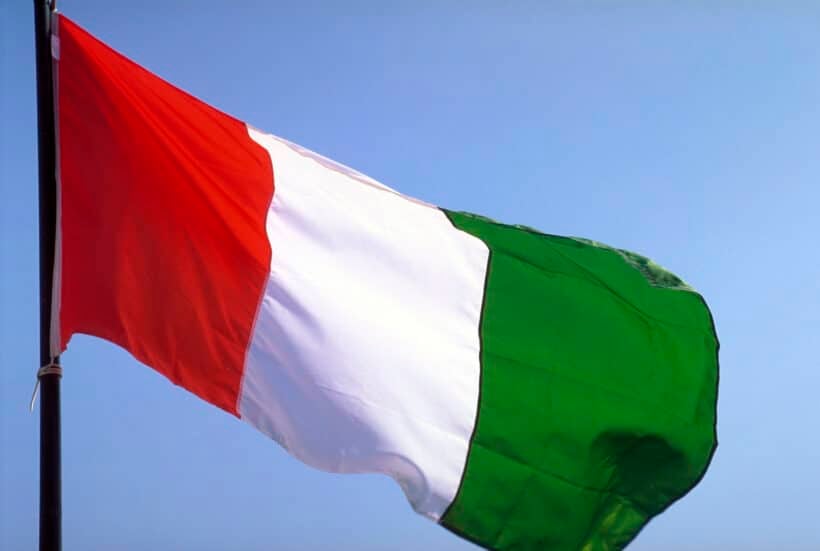
ABIDJAN/LONDON, Jan 23 (Reuters) – Ivory Coast successfully raised $2.6 billion through two bonds with respective maturities of nine and 13 years in its first return to the international Eurobonds market after two years of absence, the government said in a statement on Tuesday.
It said the issuance drew interest from more than 400 investors, in a record-breaking operation that generated an order book exceeding $8 billion, representing the highest order level ever recorded by a sovereign in West Africa.
“This transaction witnessed historic mobilization from major global investors, including existing holders of Ivorian bonds and new benchmark investors,” the budget and finance ministry said in the statement.
The two new bonds carry respective interest rates of 6.30% and 6.85% upon execution, the statement said.
“Simultaneously with the bond issuance, a Dollar-Euro currency hedge operation covering the entire issued amount was executed, resulting in an average interest rate of 6.61%,” it added.
Many Sub-Saharan African economies were hit hard by COVID-19, the fallout from Russia’s war in Ukraine and rising global interest rates, which made foreign currency debt prohibitively expensive for most from early 2022 and locked them effectively out of international capital markets.
Ivory Coast’s finance ministry said in the statement that the funds will primarily be used to repurchase and refinance the country’s existing Eurobonds, as well as international bank loans.
“Through the proactive management of its public debt, Ivory Coast is providing flexibility and liquidity to the entire region,” the statement said.
The world’s largest cocoa producer, which operates within the West Africa Economic and Monetary Union (WAEMU) whose currency is pegged to the euro, had focussed on issuing bonds denominated in euros to reduce its currency exposure.
(Reporting by Loucoumane Coulibaly in Abidjan and Karin Strohecker in London; Writing by Bate Felix; Editing by Mark Potter and Sandra Maler)